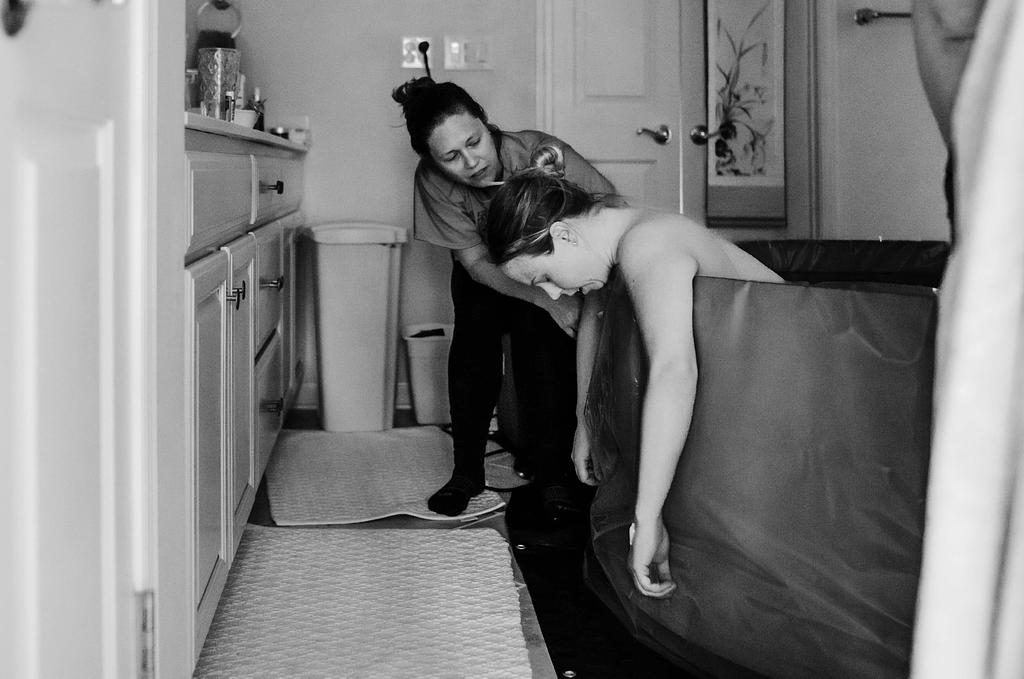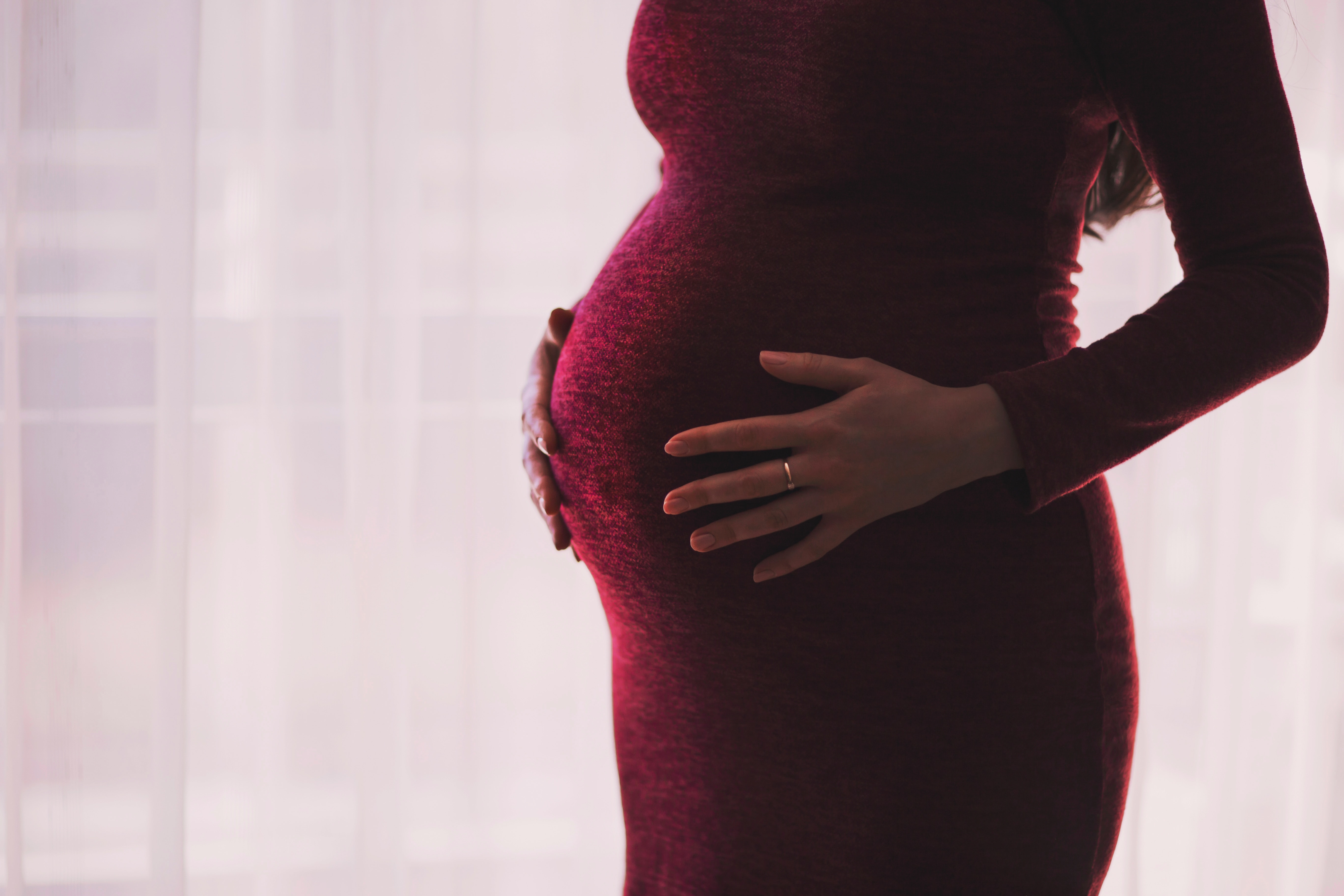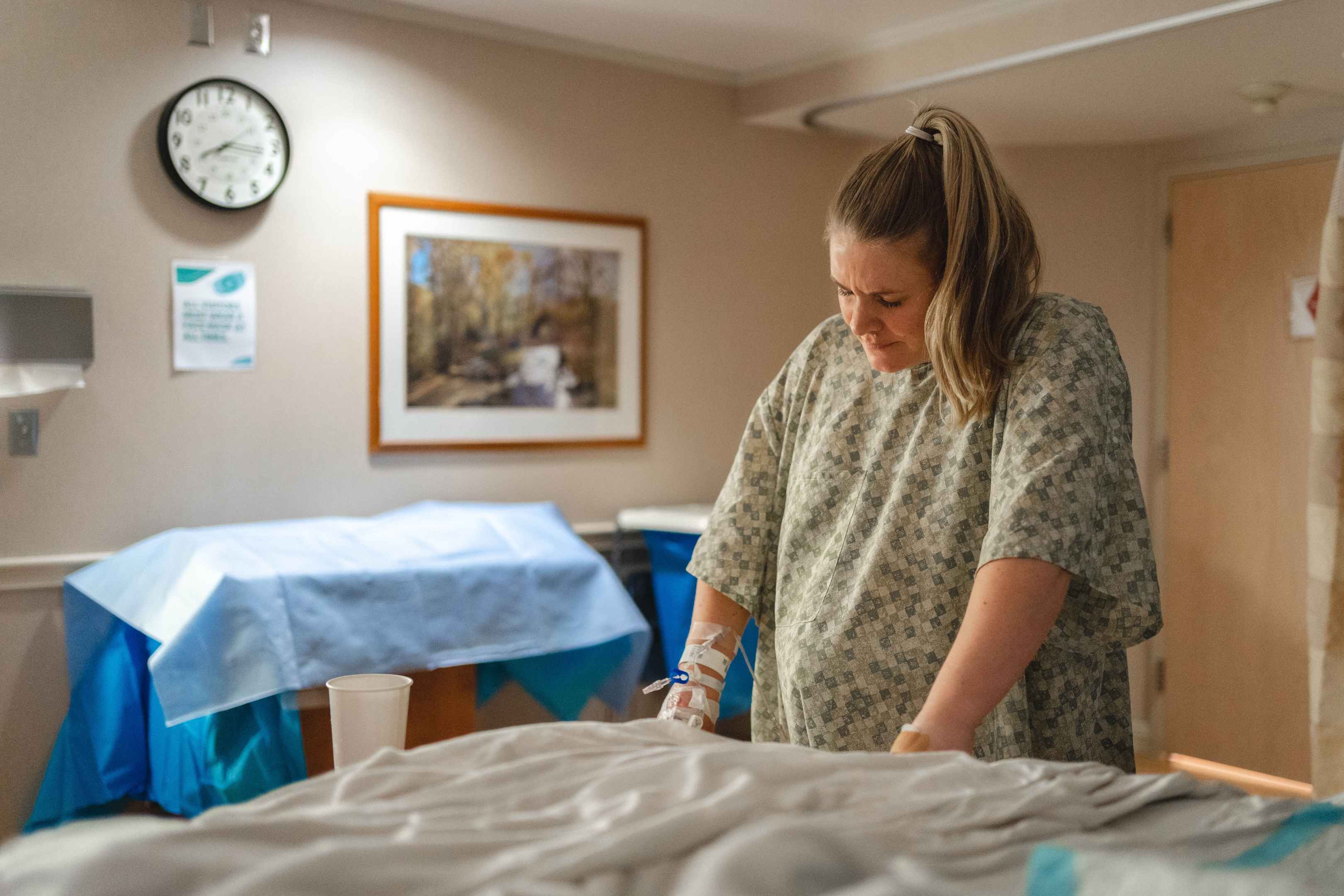Postpartum Psychosis: Everything You Need To Know
Mariella Arceo
May 09, 2023

Women who experience postpartum psychosis may have thoughts of self harm or their newborn, which requires immediate help. Other symptoms may include confusion, disorientation severe anxiety, paranoia and rapid mood swings.
Women with a history of bipolar disorder or previous postpartum psychosis are at higher risk of developing it, but it can affect anyone who recently gave birth. It is important for women, their families, and healthcare providers to be aware of the symptoms and seek help from mental health professionals if they occur.
What are the causes of postpartum psychosis?

Postpartum psychosis is less common, affecting around one or two in every thousand new mothers. It typically occurs within the first two weeks after giving birth and can result in symptoms such as hallucinations, delusions, rapid mood swings, confusion, and disordered thinking.
While the exact causes of postpartum psychosis are not fully understood, there are several factors that appear to increase the likelihood of developing the condition, including a personal or family history of mental illness or substance abuse, a history of postpartum psychosis, a traumatic or stressful childbirth experience, and hormonal changes after labor. It's important for women and their partners to be aware of the signs and symptoms of postpartum psychosis and to seek professional help if they suspect that they or a loved one may be affected.
How is postpartum psychosis different from postpartum depression?

In contrast, postpartum depression is much more common and can occur at any point in the first year after childbirth. Women with postpartum depression may experience feelings of sadness, hopelessness, fatigue, and anxiety.
While both conditions can be debilitating, it's important to recognize the difference between them so that new mothers can receive the appropriate diagnosis and treatment.
How can an individual with postpartum psychosis seek help?
Don't hesitate to talk to a healthcare provider, such as your OB-GYN or primary care physician, for an evaluation. They can refer you to a mental health specialist or psychiatrist who can provide diagnosis and treatment options.
Friends and family members can also be a valuable source of support during this time. Remember, seeking help is a sign of strength and taking care of your mental health is just as important as taking care of your physical health.
Postpartum psychosis treatment can be complex and varied depending on the severity of the condition. It is a serious mental health condition that can occur in new mothers within the first few weeks after giving birth. Early diagnosis and immediate treatment are critical for a successful recovery.
It is important to seek professional help if a new mother is showing signs of postpartum psychosis, as the condition can be life-threatening. The good news is that with the right treatment, recovery is possible.
What are some coping strategies to manage the symptoms of postpartum psychosis?

Coping strategies can be highly effective in managing the symptoms of the disorder, such as attending counseling sessions and seeking out support groups. Talking openly with a healthcare professional can also help to develop coping strategies that work best for the individual's unique situation.
Supporting a loved one with postpartum psychosis requires patience.
Encourage your loved one to seek professional help and provide them with reassurance that they are not alone in this journey. Offer to take on some of their responsibilities and ensure that they are getting enough rest and proper nutrition. Remember that the road to recovery may be long, but with proper treatment and support, many women fully recover from postpartum psychosis. Your love and encouragement can make a significant impact on their journey towards healing.

Learning about the symptoms and appropriate treatment options, along with taking active steps to improve your mental health, such as engaging in meditation or joining a therapy group, can provide invaluable assistance during this difficult time. If a loved one is struggling with postpartum psychosis, offering unconditional support and understanding can help them around the clock.
With access to proper care and support from friends and family, postpartum psychosis can be successfully managed. If you or anyone you know is struggling with postpartum psychosis, do not hesitate to reach out Mosaic Minds Counseling.